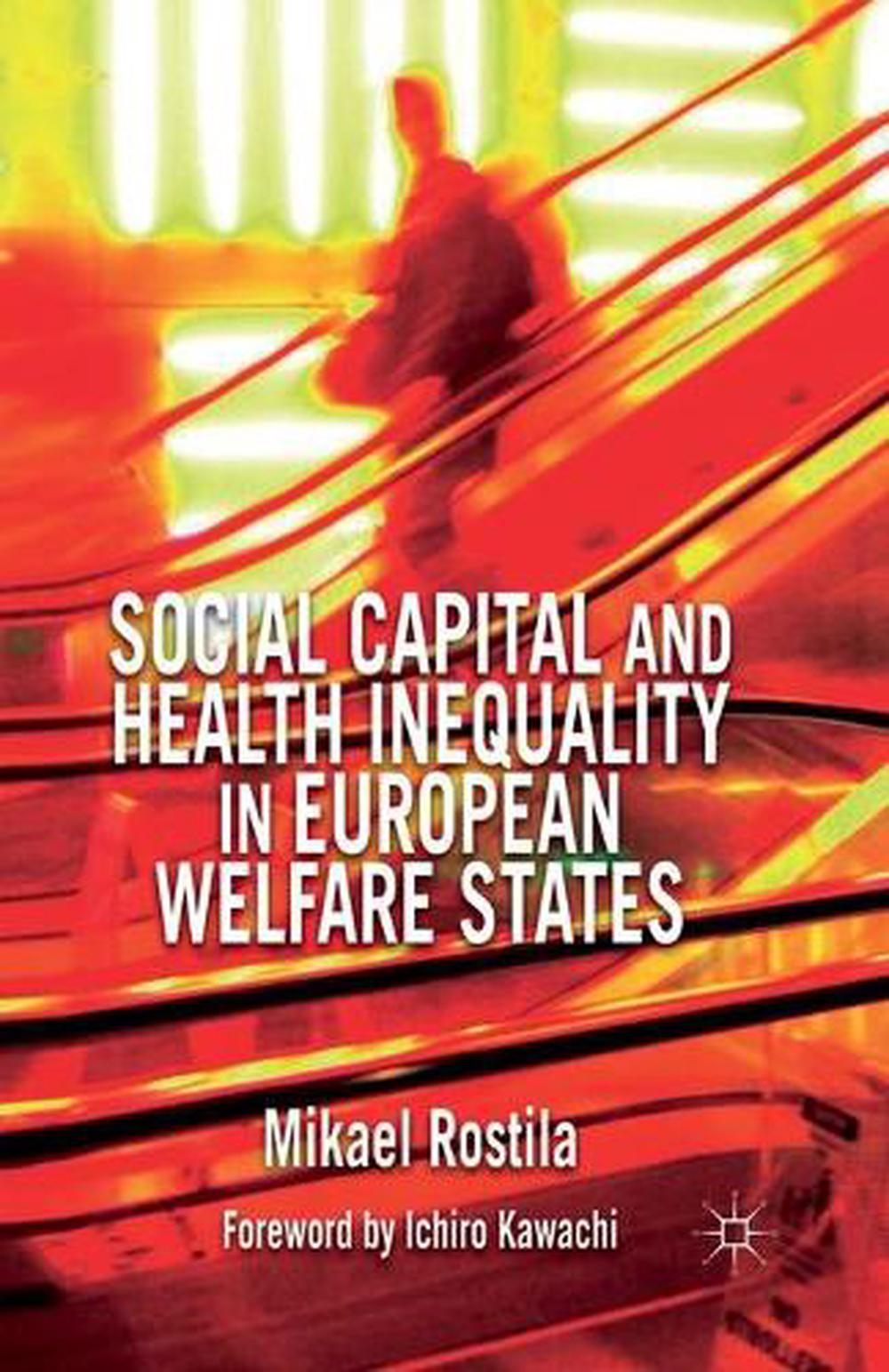
When you click on links to various merchants on this site and make a purchase, this can result in this site earning a commission. Affiliate programs and affiliations include, but are not limited to, the eBay Partner Network.
Social Capital and Health Inequality in European Welfare States by M. Rostila (E

- Item No : 135655488934
- Condition : Brand New
- Brand : No brand Info
- Seller : the_nile
- Current Bid : US $73.00
-
* Item Description
-
The Nile on eBay

Social Capital and Health Inequality in European Welfare States
by M. Rostila
Drawing on cross-national European data from the European Social Survey as well as Swedish national survey data and registers, this book investigates social capital in relation to health and health inequalities in European welfare states.
FORMAT
PaperbackLANGUAGE
EnglishCONDITION
Brand New
Publisher Description
Drawing on cross-national European data from the European Social Survey as well as Swedish national survey data and registers, this book investigates social capital in relation to health and health inequalities in European welfare states.
Author Biography
MIKAEL ROSTILA is an Associate Professor of Sociology and works as a Researcher at the Centre for Health Equity Studies (CHESS), Stockholm University, Sweden.
Table of Contents
Introduction Theoretical Foundations of Social Capital in Health Research Social Capital and Welfare: Do Universal Welfare State 'Crowd Out' or Stimulate Social Capital? Social Capital and Health: Mechanisms and Empirical Findings Health Inequalities by Education in European Welfare Regimes: The Contribution of Individual Social Capital Health Inequalities Between European Welfare Regimes: The Contribution of Collective Social Capital Social Capital and health Inequality in the Social-Democratic Swedish Welfare State The Dark Sides of Social Capital: Homophily and Closure of Immigrants Social Networks in the Swedish Welfare State Concluding Discussion
Review
"To my knowledge, this is the first book to comprehensively examine the impact of welfare state regimes on social capital and how this relationship may impact on health and health inequalities ... I would highly recommend this book to academics and policymakers alike." - Social Policy and Administration
Promotional
Springer Book Archives
Review Quote
"To my knowledge, this is the first book to comprehensively examine the impact of welfare state regimes on social capital and how this relationship may impact on health and health inequalities ... I would highly recommend this book to academics and policymakers alike." - Social Policy and Administration
Details
ISBN1349332895Language EnglishISBN-10 1349332895ISBN-13 9781349332892Format PaperbackPublisher Palgrave MacmillanShort Title SOCIAL CAPITAL & HEALTH INEQUAMedia BookDEWEY 302Year 2013Publication Date 2013-01-01Edition 1stImprint Palgrave MacmillanPlace of Publication BasingstokeCountry of Publication United KingdomPages 234Author M. RostilaUK Release Date 2013-01-01AU Release Date 2013-01-01NZ Release Date 2013-01-01Illustrations XIX, 234 p.Edition Description 1st ed. 2013Alternative 9780230293434Audience Professional & Vocational


-
- The Lost Super Foods
- $ 37.00
- The Self-Sufficient Backyard
- $ 37.00
- A Navy Seals BUG IN GUIDE
- $ 39.00
- Childrens Books Phonics Lot 60
- $ 34.99
















